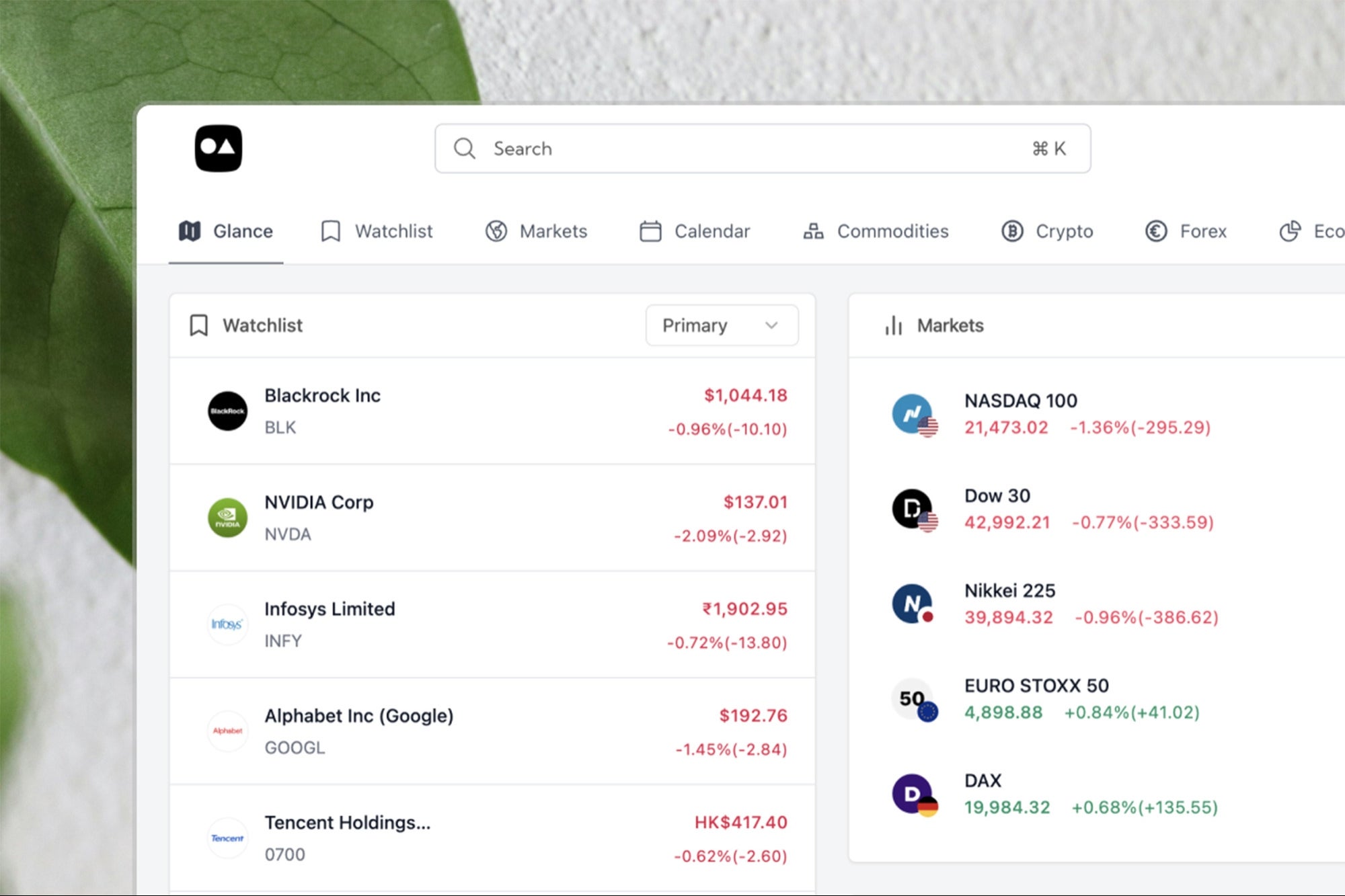Despite Access to Credit, Many Business Owners Are Reluctant to Take on Debt A new survey from Sageworks finds that over 75 percent of small-business owners have never applied for a loan.
By Laura Entis
Opinions expressed by BIZ Experiences contributors are their own.
As the economy continues to shakily recover, it's getting easier for small businesses to obtain loans. "It's actually a really great time to access small-business capital," Keri Gohman, executive vice president and head of small-business banking for Capital One recently told The New York Times. "Rates are low and banks are also feeling the economic recovery. We really want to lend. Small-business owners can shop around and work with banks to find the best rates."
But while banks may be more eager to lend, small-business owners are less than eager to borrow, finds a recent survey by financial information company Sageworks.
Out of the 286 small-business owners surveyed (all businesses were less than 10 years old and covered a wide range of industries), 77 percent had never applied for a loan for their business.
Why the reluctance? For small-business owners who have, at some point, chosen other means of funding over business loans, the majority (62 percent) said they did so because they did not want to take on debt. Other deterrents included the belief they would not be approved for a loan (24 percent), too-high credit rates (12 percent), and time consuming loan processes (9 percent).
Related: Get a $250,000 Loan in 24 Hours. But Beware, It's Expensive.
If loans aren't funding most small-businesses, where is the money coming from? The survey found that most small business owners polled rely on personal savings to start up (59 percent), while 10.5 percent raised money from friends and family and just over 19 percent did rely, in some capacity, on a loan or line of credit. (Survey respondents could select multiple sources of funding.) Meanwhile, 30 percent of small-business owners said that no funding was needed to start up their business. ("Certain small businesses require very little initial investment to get started," explained Sageworks analyst Kevin Abbas in an email. "Many times all you need is an internet connection and a computer to get up and running.")
According to Sageworks Chairman Brian Hamilton, small-business owners' reluctance to take loans is a good sign: "Taking on too much debt can be harmful to a business," he said in a statement. "Management starts worrying about how to pay back the loans, rather than how to really scale the business."
While it's great that loans are easier to come by these days for small-business owners, he said, it's an even better sign that they are being cautious and not jumping at the chance to borrow money.
Related: Raising Money for Your Business? Consider These Tips.











